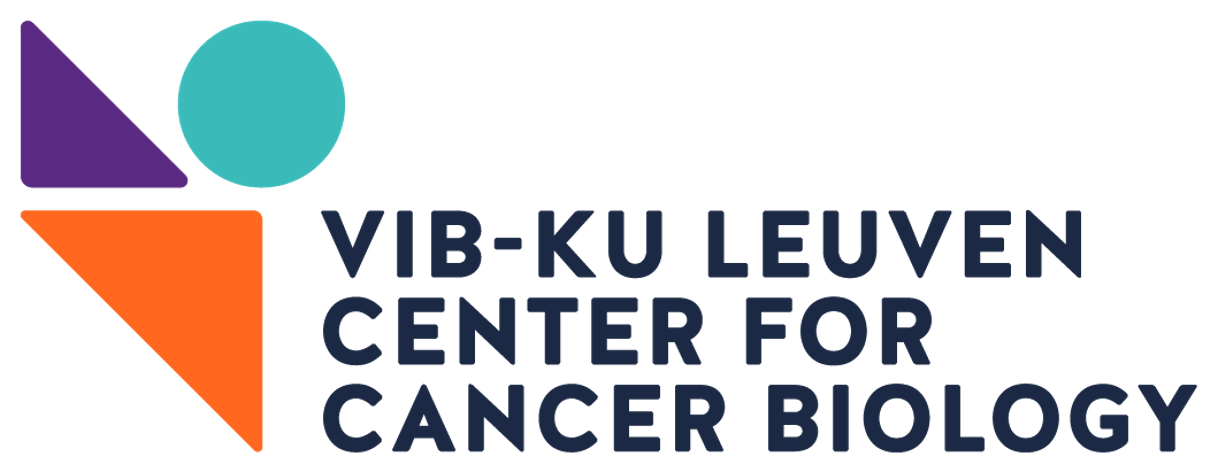Research
Research Focus

Growing evidence highlight that efficient tumor clearance requires effective therapy-mediated debulking along with the engagement of the immune system. The induction of regulated cancer cell death (RCD) able to reinstate, rather than suppressing, anticancer immune responses is therefore a highly desirable therapeutic effect. To be immunogenic, namely to be able to activate the immune system, therapy-induced RCD needs to deliver tumor antigens along with a spectrum of danger signals with the ability - when properly decoded by the immune system- to sustain anti-tumor immunity. However, the recognition and clearance of residual cancer cells by the immune system, requires the inactivation of various immunoresistance mechanisms, including those preventing infiltration of cytotoxic T lymphocytes in the tumor. Autophagy is commonly heightened in cancer cells and supports tumor growth and resistance to therapy, but the role of autophagy in stromal cells is still largely underappreciated. In particular, whether and how endothelial cell (EC)-intrinsic autophagy modulates the EC-T cells interface and anti-tumor immunity is largely unknown. The overarching goal of our research is thus several fold; first is to unravel the immunological consequences of RCD in cancer cells and exploit this knowledge to design novel and more efficacious (immune)therapies, with particular focus on the next generation anticancer vaccines. Second, is to untie how stress pathways regulating cancer cell proteostasis, impact the tumor-stroma dialogue and can be harnessed to breakdown crucial immunoresistance mechanisms, which contribute to poor therapeutic response and tumor relapse.
Current projects at the CDRT
· Molecular and immunological consequences of Regulated Cell Death
We are focussing on the identification and immunological functions of immunomodulatory signals regulating the intersection between dying cells and innate immune cells. We study the therapeutic potential of immunogenic cell death (ICD) as a cornerstone of therapy-induced antitumor immunity in order to translate ICD-based anti-cancer vaccines.
· Ferroptosis Vulnerability in Melanoma
We recently geared our past focus on the molecular underpinnings and immunological impact of a new form of iron-dependent RCD, driven by lipid peroxides, called ferroptosis as an alternative killing modality in drug-resistant cancer cells. We are currently studying how melanoma cell-state transitions shape ferroptosis vulnerability and its immunogenic potential.
· Autophagy in cancer growth and (lymph)angiogenesis
Research in our lab addresses how selective degradation pathways for the removal of mitochondria (mitophagy), lipid droplets (lipophagy) and ferritin (ferritinophagy) enable cancer cell-stromal cell dialogue and anti-tumor immunity. We are particularly interested in understanding how endothelial cell-associated autophagy impacts (lymph)angiogenesis, immunosurvelliance and shapes (immuno)therapeutic responses.
· Membrane contact sites; shaping cancer cell and T cell responses
Sites of close apposition between the ER and other organellesknown as membrane contact sites (MCS) are signaling hubs regulating increasing number of vital cellular processes from Ca2+ signaling, migration, trafficking, metabolism and cell death. Our lab focusses on deciphering how ER-mitochondria and ER-PM contact sites modulate T cell metabolism and effector functions during tumor growth and (immune)therapy.

